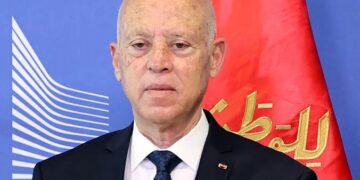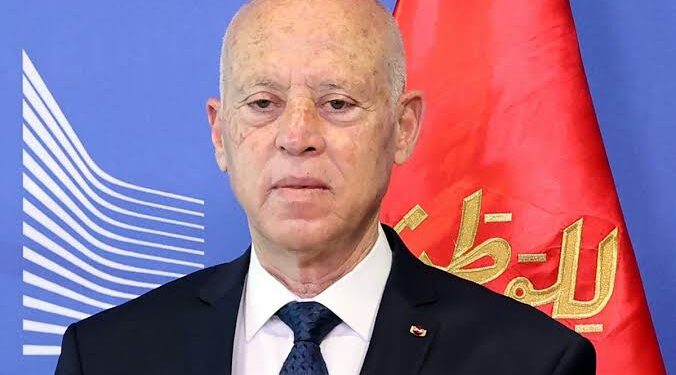By Enyichukwu Enemanna
Lawmakers in Tunisia on Friday presented a bill before the Parliament seeking to strip the country’s central bank of pi the authority to adjust interest rates or foreign exchange policy without getting confirmation from the government.
The move is seen as an effort by President Kais Saied to undermine the central bank’s independence, following his criticisms that the bank should not be a state within a state.
The bill also proposes that the bank will not be allowed to sign agreements with foreign oversight authorities without the president’s approval.
Saied last year rejected the independence of the central bank, saying it should lend directly to the state treasury to avoid costly loans through banks.
In January, the government asked the central bank to provide $2.25 billion of direct funding to the treasury to fill a budget deficit.
The significant amendment of the central bank Act comes as public finances face a severe crisis.
The North African country has been unable to secure Western funding since Saied seized nearly all power in 2021, ruling by decree, in a move the opposition has called a coup.
Twenty-seven lawmakers are backing the new amendment, warning that Tunisia would go bankrupt if the central bank law is not amended.
They said that the current law, adopted in 2016, which does not allow the central bank to make loans to the public treasury or direct bond purchases, has led to enormous losses for the state estimated at $36.6 billion.
Since 2016, the central bank has had absolute power to control monetary policy, reserves, and gold.
However, the proposed bill showed that the central bank could adjust interest rates, gold-related operations, and exchanges in consultation with the government.
Under the bill, the central bank will be allowed to buy government bonds from banks and lend up to 3 percent of GDP directly to the treasury with maturities exceeding five years.
Financial sources said the move would likely pave the way for a new government request for the central bank to provide up to $2.6 billion in direct facilities and loans to the treasury.



































